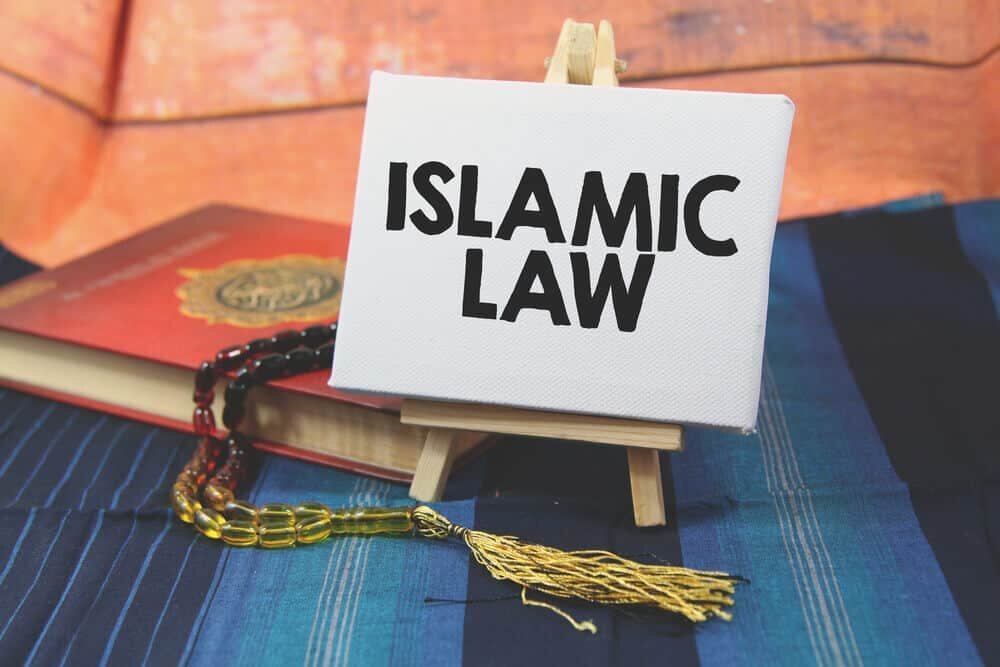- +92 302-6644789
- info@qanoonhouse.com
- Pakistan Legal Advisors, Office No. 5, 2nd Floor, Laraib Plaza, Karachi Company, G-9 Markaz.
khula In Islam khula lawyers In Karachi Islamabad Rawalpindi Lahore Pakistan
KHULA IN ISLAM: TYPES, LAWS, AND OUR KHULA EXPERT LAWYERS IN PAKISTAN
UNDERSTANDING KHULA IN ISLAM
Divorce in Islam is a recognized and regulated process that allows married couples to dissolve their marriage when necessary. The Islamic concept of divorce emphasizes the importance of preserving the sanctity of marriage while providing a mechanism for ending an incompatible union. Islamic teachings outline principles and procedures that guide the divorce process.
TYPES OF DIVORCE IN ISLAM
Talaq: Talaq is the most common form of divorce in Islam, referring to the husband’s unilateral right to divorce his wife. Depending on the legal requirements and cultural norms, it can be pronounced orally, in writing, or even electronically.
KHULA: Khula is a divorce initiated by the wife, where she seeks to dissolve the marriage by returning her dowry or making a financial settlement with her husband.
Mubarat: Mubarat is a mutual divorce, where both spouses agree to end the marriage amicably. It requires the consent of both parties and can be initiated by either the husband or the wife

LAWS ON DIVORCE IN PAKISTAN
In Pakistan, divorce cases are governed by personal laws specific to each religious community. For Muslims, divorce falls under the purview of the Muslim Family Laws Ordinance of 1961 The ordinance provides guidelines on various aspects of divorce, including grounds, procedures, and financial obligations. It also recognizes the validity of traditional divorce forms, such as Talaq and Khula.
IMPORTANCE OF EXPERT LAWYERS IN KHULA CASES
KHULA proceedings can be complex and emotionally challenging. Engaging the services of expert lawyers specializing in divorce cases is crucial to ensuring a fair and just outcome. Expert lawyers possess in-depth knowledge of divorce laws, procedures, and precedents, enabling them to navigate the legal complexities and protect the rights and interests of their clients. They provide guidance, representation, and advocacy throughout the divorce process, including negotiations, settlement discussions, and court proceedings

QUALITIES OF EXPERT LAWYERS ON KHULA IN PAKISTAN
Extensive Experience
Expert lawyers in Pakistan have years of experience handling divorce cases, enabling them to anticipate challenges and devise effective strategies.
In-depth Knowledge
These lawyers deeply understand Islamic principles, personal laws, and the legal framework governing divorce in Pakistan.
Legal Services
Our Attorney

Popular Service
Provincial Tax Authorities
Misc. Services
Recent Article
Strong Negotiation Skills
Expert lawyers excel in negotiations, advocating for their client’s interests and seeking favorable settlements where possible.
Courtroom Expertise
Expert lawyers exhibit strong courtroom skills in cases where litigation becomes necessary, presenting compelling arguments and providing robust representation.


KHULA IN ISLAM
The Sanctity of Marriage in Islam
In Islam, marriage is regarded as a sacred bond, and divorce is considered undesirable. Islamic teachings emphasize the preservation of marriage, urging spouses to exhaust all reconciliation efforts before resorting to divorce.
Legal Grounds for KHULA
Islam recognizes several grounds for divorce, including an irretrievable marriage breakdown, cruelty, desertion, non-maintenance, and adultery. These grounds vary in application and require careful consideration before divorce proceedings.
The Process of KHULA
Divorce in Islam can take various forms, including Talaq, KHULA, and Mubarat. Talaq is the most common form, granting the husband the right to divorce his wife unilaterally. Conversely, Khula enables the wife to seek a divorce by returning her dowry or making a financial settlement. Mubarat is a mutual agreement between both parties to end the marriage
LAWS ON DIVORCE IN PAKISTAN
The Muslim Family Laws Ordinance
In Pakistan, divorce cases fall under the purview of personal laws specific to each religious community. For Muslims, the Muslim Family Laws Ordinance of 1961 provides guidelines for divorce. This legislation encompasses various aspects of divorce, including grounds, procedures, financial obligations, and child custody.
Grounds for Divorce
The Muslim Family Laws Ordinance recognizes multiple grounds for divorce, such as irretrievable breakdown, cruelty, desertion, and non-maintenance. These grounds differ based on the circumstances and require careful evaluation before initiating divorce proceedings.
Procedures and Waiting Periods
The ordinance stipulates specific procedures for KHULA, including notice of Talaq, arbitration, and reconciliation efforts. It also introduces waiting periods (Iddah) for different types of divorce, allowing time for reflection, reconciliation, and the possibility of revoking the divorce.
Financial Obligations and Child Custody
The Muslim Family Laws Ordinance addresses financial matters related to divorce, such as the provision of maintenance during the Iddah period, division of assets, and custody and maintenance of children. These provisions aim to protect the rights and interests of both parties, particularly women and children.
EXPERT LAWYERS ON KHULA IN PAKISTAN
THE IMPORTANCE OF EXPERT LEGAL REPRESENTATION
Navigating divorce proceedings in Pakistan can be complex and emotionally challenging. Engaging the services of expert lawyers specializing in divorce cases is crucial to ensuring a fair and just outcome. Expert lawyers possess in-depth knowledge of divorce laws, procedures, and precedents, enabling them to navigate the legal complexities and protect the rights and interests of their clients.
Legal Expertise and Experience KHULA CASES
Expert lawyers on KHULA in Pakistan possess extensive experience and a profound understanding of Islamic principles, personal laws, and the legal framework governing divorce. Their expertise enables them to provide accurate advice, strategize effectively, and guide clients through the legal process.
Emotional Support and Guidance
Divorce often brings emotional turmoil, and expert lawyers provide much-needed support and empathy during this challenging time. They listen to their client’s concerns, offer guidance on coping with emotional aspects, and provide reassurance throughout the divorce process.


Negotiation and Mediation Skills
Expert lawyers excel in negotiations, advocating for their client’s interests and seeking fair settlements through constructive dialogue and mediation. Their strong negotiation skills help to minimize conflicts and reach mutually acceptable agreements.
COURTROOM REPRESENTATION IN CASES
where litigation becomes necessary, expert lawyers exhibit strong courtroom skills. They present compelling arguments, provide robust representation, and navigate the complexities of the legal system to protect their client’s rights and interests.
CULTURAL AND SOCIAL CONSIDERATIONS
Stigma and Social Pressure
KHULA in Pakistan may carry social stigma and pressure due to cultural norms and expectations. Expert lawyers help clients navigate these challenges by providing legal guidance and support while addressing societal pressures.
The Role of Family and Community
KHULA can impact familial relationships and community dynamics. Expert lawyers offer advice on managing family and community expectations and guide the legal aspects of divorce, ensuring their client’s rights are protected.
Karachi Office:
M-51, Muneer Mobile Mall, Block 17, Near Perfume Chowk & Jauhar Chowrangi, Gulistan-e-Jauhar.
Islamabad Office:
Pakistan Legal Advisors, Office No. 5, 2nd Floor, Laraib Plaza, Karachi Company, G-9 Markaz.
Lahore Office:
Qanoon Online, 2nd Floor, Al-Mairaj Arcade, Near Surayya Azeem Trust Hospital, Chauburji Chowk.
Copyright © 2023 Design by Digitocrate (Pvt) LTD
